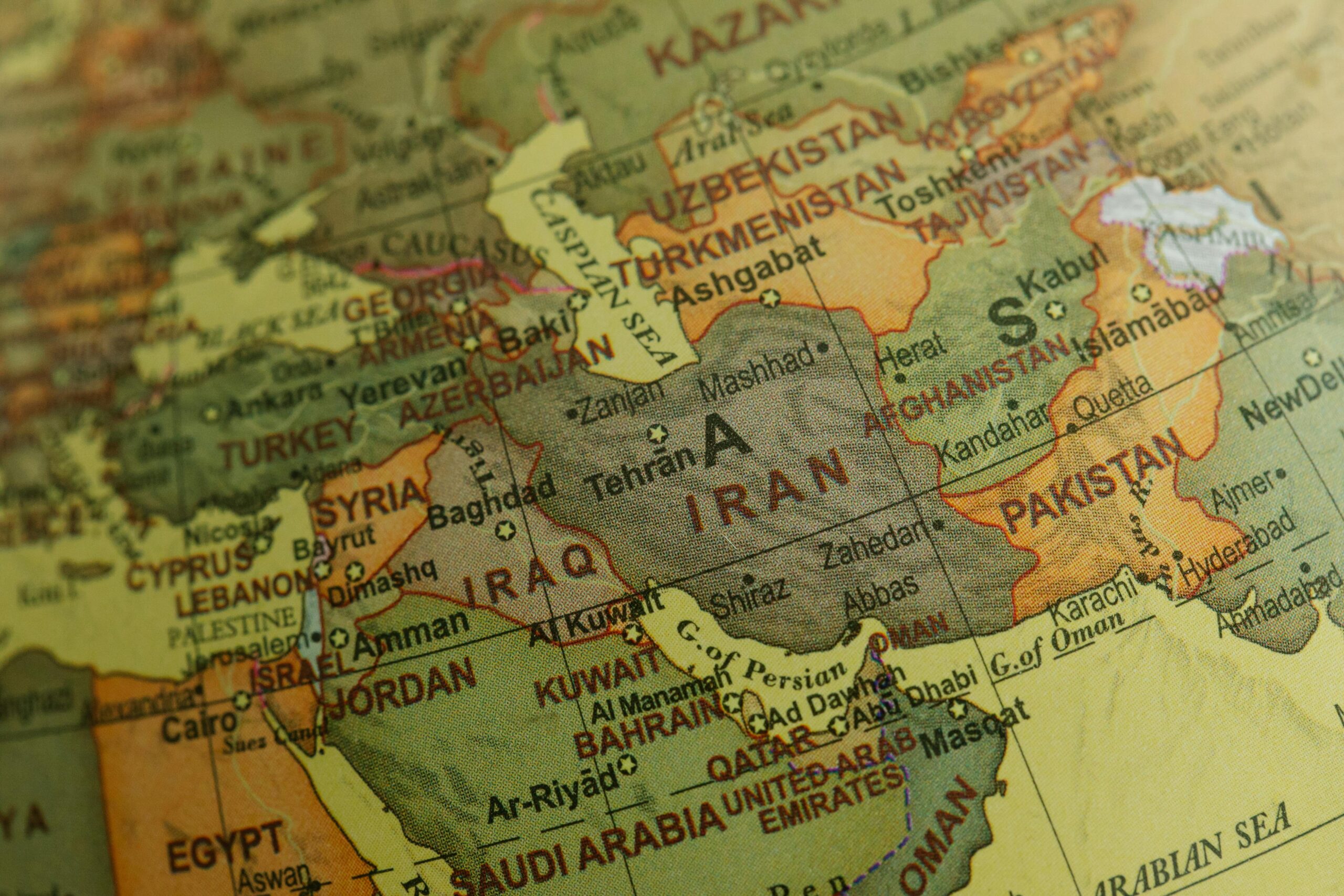On Sept. 24, four scholars took the stage at the Korbel School of International Studies to discuss what has happened in the last 354 days since Hamas attacked Israel on Oct. 7.
Since Oct. 7, the death toll of Palestinians has surpassed 41,000 and continues to rise. Unemployment in Gaza is up 90% and it is estimated if the war stopped today, Gaza would need 15 to 20 years to rebuild.
The panel consisted of Dr. Micheline Ishay, a specialist in human rights, political theory, Middle East and European politics; Gary A. Grappo, a former U.S. Foreign Service officer with 27 years of experience at the State Department; Dr. Aaron Pilkington, an Air Force analyst specializing in Middle East affairs, particularly on Iran; and the moderator, Dr. Ahmed Abdrabou, a specialist in comparative politics and civil security relations.
When asked about the future of the conflict the three experts unanimously agreed that it is far from reaching its end and expressed concern that we are quickly approaching World War III. With Hamas heavily weakened, Israel has shifted its focus to Lebanon and Hezbollah.
According to the Council on Foreign Relations, Hezbollah is a Shiite Muslim political party and militant group, backed by Iran, and based in Lebanon. With the expansion of the war, Dr. Pilkington expressed concern about the involvement of both Lebanon and Iran.
The two sides continue to mount cross-border strikes. On Friday, the Israeli military hit Beirut, the capital of Hezbollah’s operations. The goal was to kill the leader of the militant group, and that goal was successful. Hassan Nasrallah, leader of Hezbollah, was killed on Sept. 27. The full effects of this assassination are still not yet known, but the majority of Hezbollah’s command structure has been taken out in the last two months by the IDF.
Despite the tens of thousands dead, Dr. Ishay was quick to point out that Israel has yet to complete any of its objectives. Hamas has not been completely eradicated, Israel has yet to recover all of its hostages, and Israelis are still unable to return to the northern border due to the ongoing threat posed by Hezbollah. Having recently traveled to Israel, she observed that despite the Israeli media portraying a narrative of victory, the atmosphere on the ground is somber, with citizens feeling as though they have not won.
The panel scholars were confident that the world is not near a ceasefire deal anytime soon. With the US presidential election right around the corner, reaching a policy deal has become extremely difficult and Israeli Prime Minister Benjamin Netanyahu has made it clear he is delaying a ceasefire deal by backtracking and adding new conditions.
Grappo was quite confident the delay was made because Netanyahu is waiting to see if a Trump administration would cut them a better deal, as Trump has historically shown strong support for Israel’s hardline policies.
Although a Harris administration would continue to support Israel, both candidates have been hesitant to talk about the conflict during this election cycle. Just weeks ahead of the Nov. 5 election, any campaign talk about the conflict could impact the election and whether a ceasefire deal will be reached any time soon.











